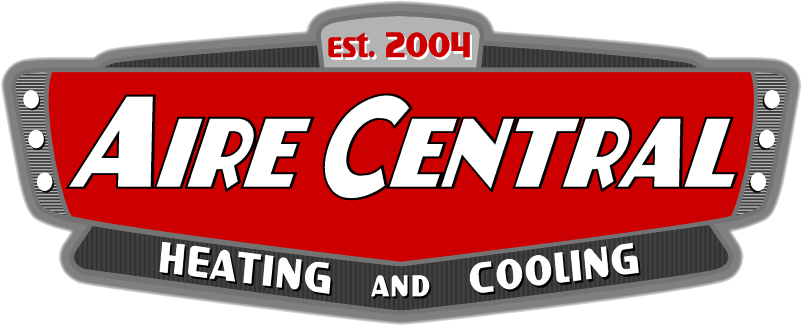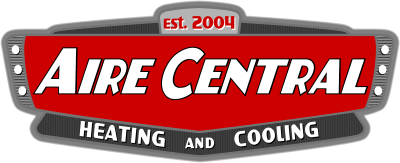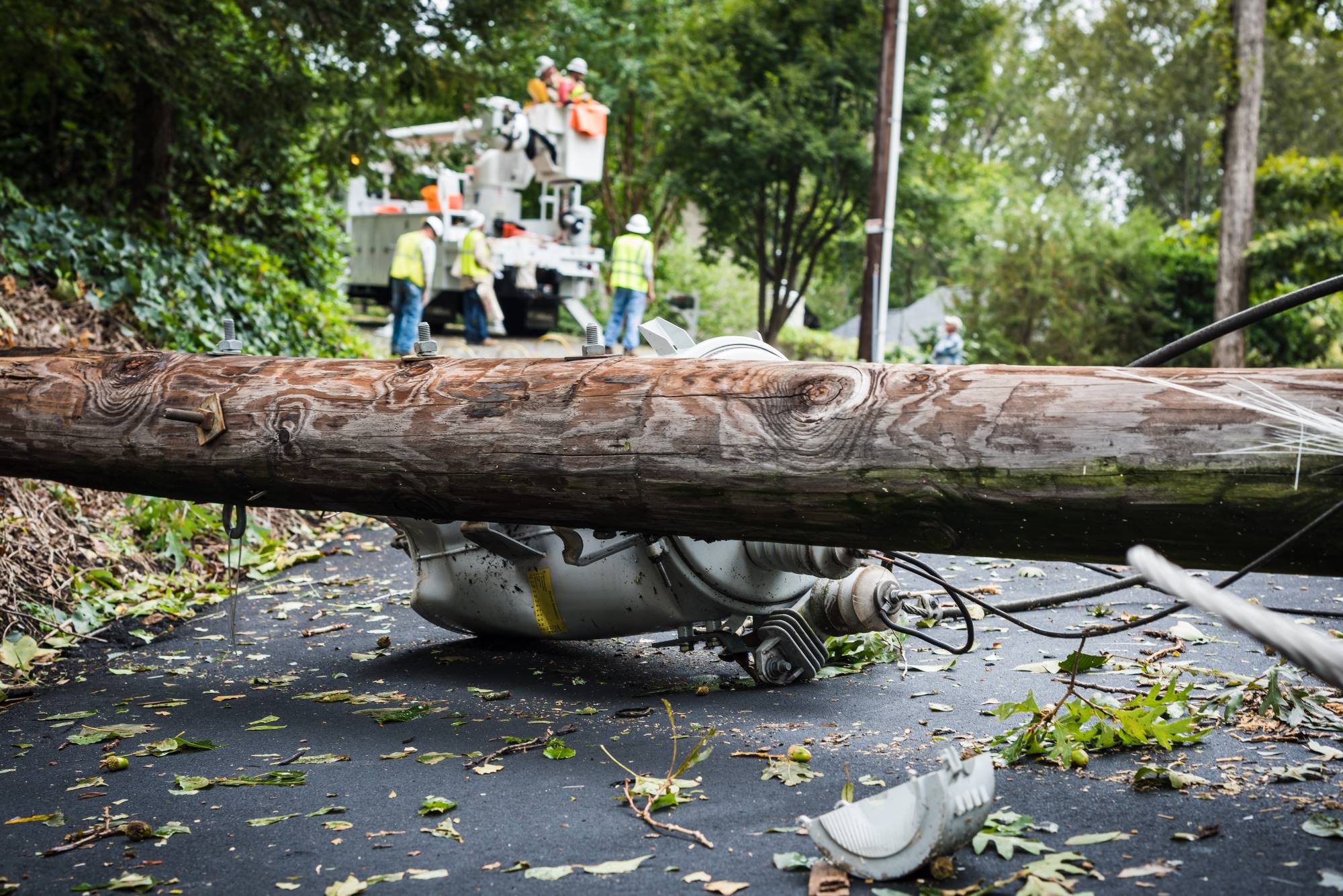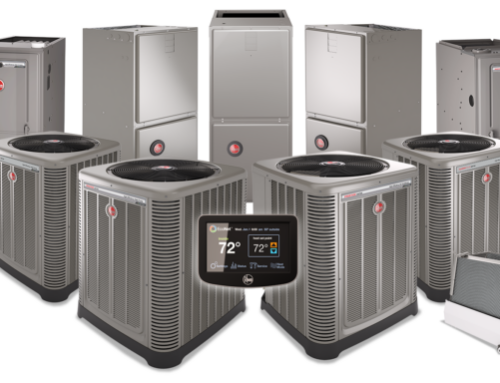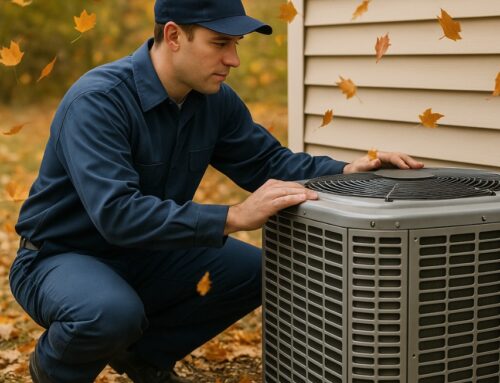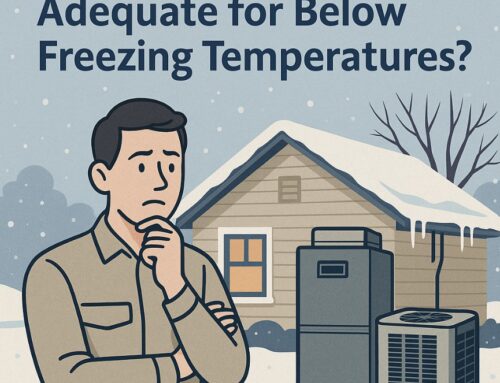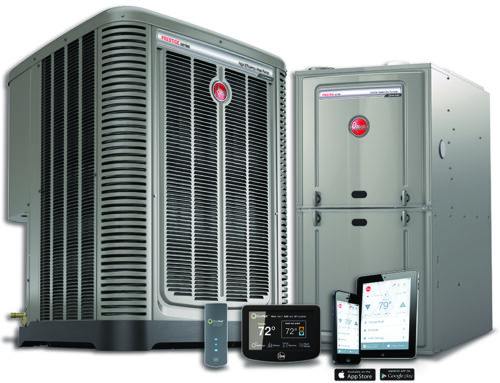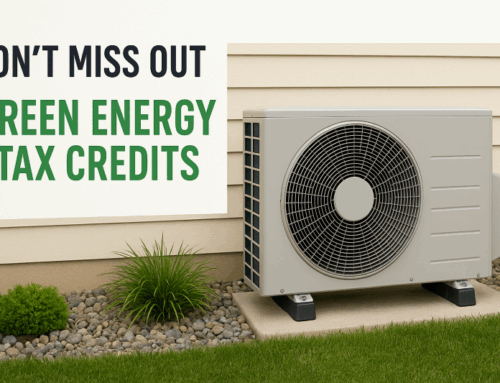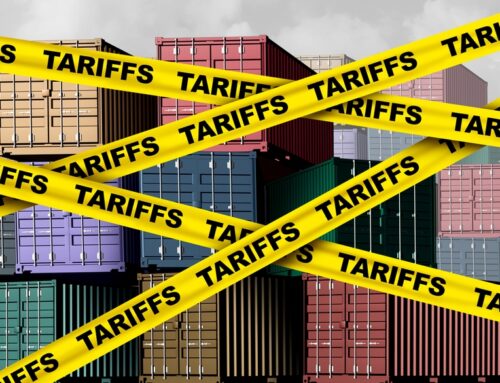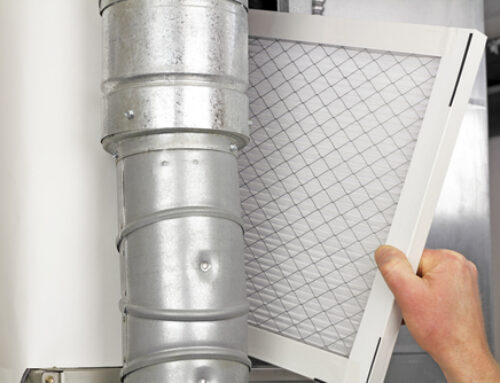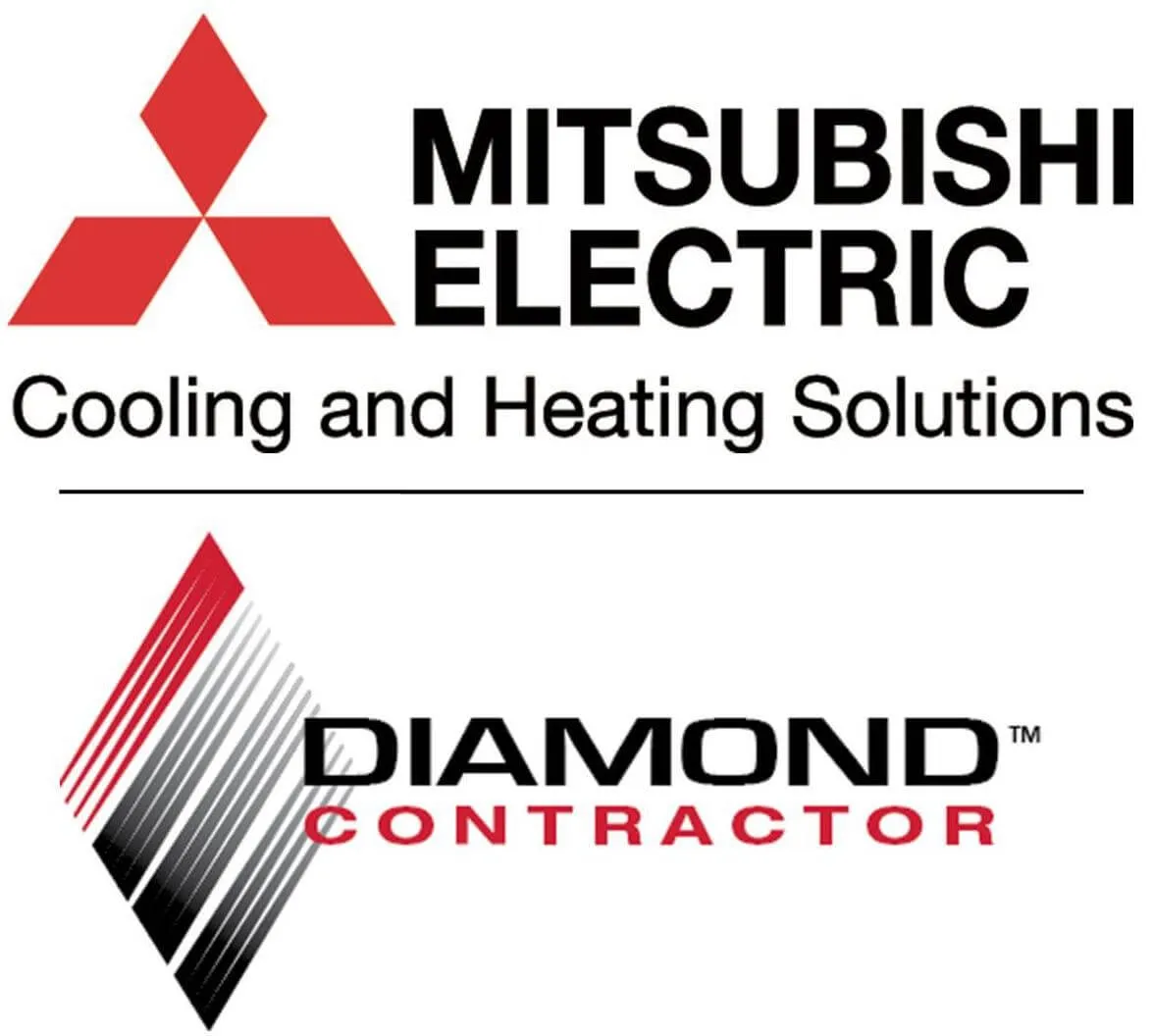Georgia’s climate can be unpredictable, with hot and humid summers and chilly winters. As a homeowner or business owner in Snellville, GA, it is essential to have an efficient HVAC system that can handle the extreme weather conditions. In this blog post, we will discuss the best HVAC practices to navigate Georgia’s climate and ensure optimal comfort throughout the year.
#1 Regular Maintenance
Regular maintenance of your HVAC system is crucial to ensure its efficient operation. You should schedule annual maintenance checks with your HVAC technician to tune-up your system and detect any potential problems before they become bigger issues. Routine maintenance includes cleaning or replacing air filters, checking refrigerant levels, inspecting electrical connections, and lubricating moving parts. Regular maintenance can improve your system’s efficiency by up to 15% and extend its lifespan.
#2 Install a Programmable Thermostat
Installing a programmable thermostat is an excellent way to save energy and money on your energy bills. These thermostats allow you to set different temperatures for various times of the day automatically. For example, you can set the temperature lower when no one is home during the day or at night when everyone is asleep. This way, you won’t waste energy heating or cooling unoccupied spaces.
#3 Improve Insulation
Poor insulation can cause air leaks that let warm air in during summer and cold air in during winter, making your HVAC system work harder than it should be. You should check for gaps around doors, windows, vents, ducts, and other areas where air may escape or enter your home or business premises. Proper insulation can increase energy efficiency by up to 20%.
#4 Upgrade Your System
If your current HVAC system is outdated or inefficient, upgrading to a new one can save you money on energy bills in the long run. Newer systems are more energy-efficient, offer better performance, and come with advanced features like zoning systems, smart thermostats, and air purifiers. A professional HVAC technician can help you choose the best system for your needs and install it correctly.
#5 Prepare for Extreme Weather
Georgia’s climate is known for its extreme weather conditions, including heatwaves, thunderstorms, hurricanes, and snowstorms. You should prepare your HVAC system to handle these extreme events by taking preventive measures like installing surge protectors to prevent damage from power surges during storms or investing in a backup generator to keep your system running during power outages.
Navigating Georgia’s climate requires efficient HVAC practices that can save energy and money while ensuring optimal comfort throughout the year. Regular maintenance of your HVAC system, installing a programmable thermostat, improving insulation, upgrading your system when necessary, and preparing for extreme weather are some of the best practices that can help you achieve this goal. Contact us today to discuss how you can implement these practices in your home or business premises.
